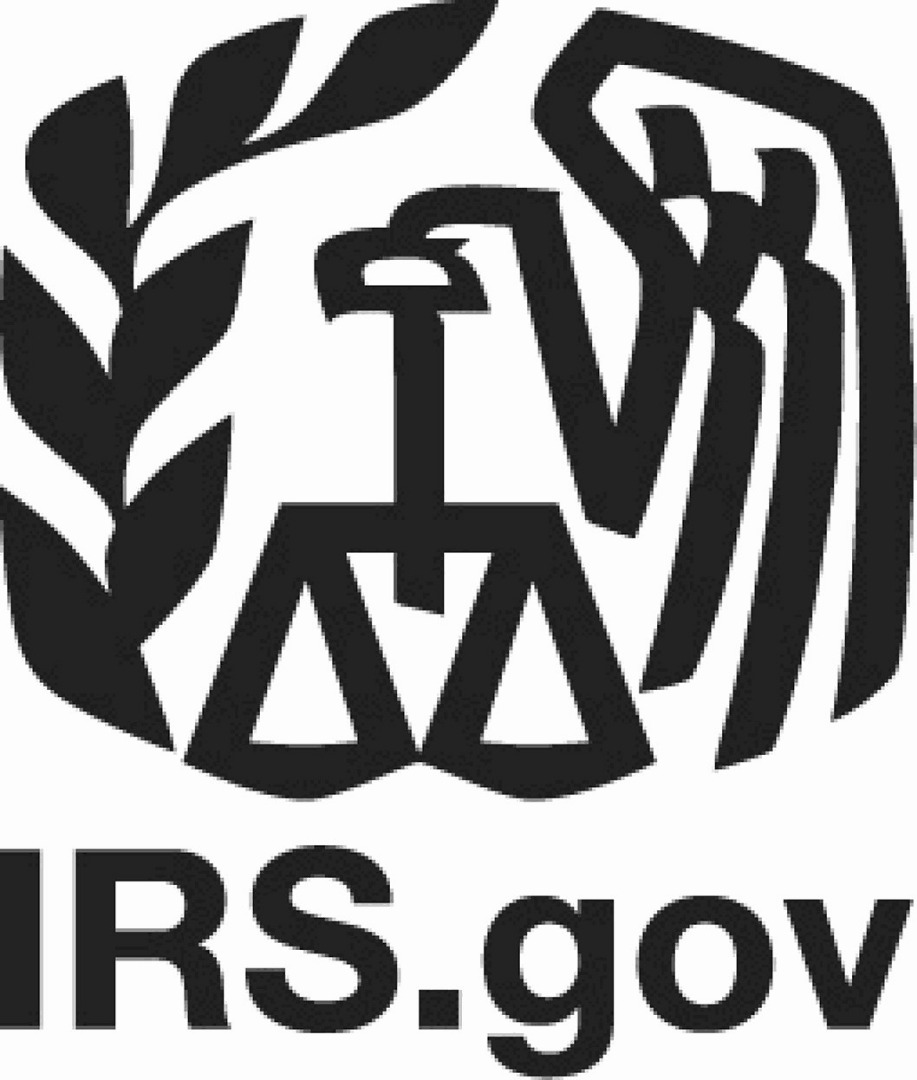
What defines a church? This question has bedeviled tax courts for years. The IRS has adopted a list of 14 criteria set out in De La Salle v. United States. Commonly referred to as the "fourteen points test", it is important to note that the judges in the case did not intend for there to be a minimum number of criteria an organization must meet in order to satisfy the definition of a "church" as enumerated in their opinions.
In applying the Fourteen Points analysis to determine whether a religious organization may properly be characterized as a church, the IRS considers whether the organization has the following characteristics:
- Distinct legal existence
- Recognized creed and form of worship
- Definite and distinct ecclesiastical government
- Formal code of doctrine and discipline
- Distinct religious history
- A membership not associated with any other church or denomination
- An organization of ordained ministers
- Ordained ministers selected after completing prescribed studies
- Literature of its own
- Established places of worship
- Regular congregations
- Regular religious services
- Sunday schools for religious instruction of the young
- Schools for the preparation of its ministers
Scholarly analysis of the Fourteen Points by Robert Louthian and Thomas Miller recognized that the determination of what defines a church cannot be made solely on the number of the Fourteen Points a church meets. To quote: "Given the variety of religious practice Attempts to use a dogmatic numerical approach might unconstitutionally favor established churches at the expense of newer, less traditional institutions."
The Monastery adheres to the Fourteen Points as we think it is better to err on the side of caution when dealing with the IRS as this book recommends. This is not, however, a tacit endorsement of the exclusionary and discriminating character of the Fourteen Points.


0 comments